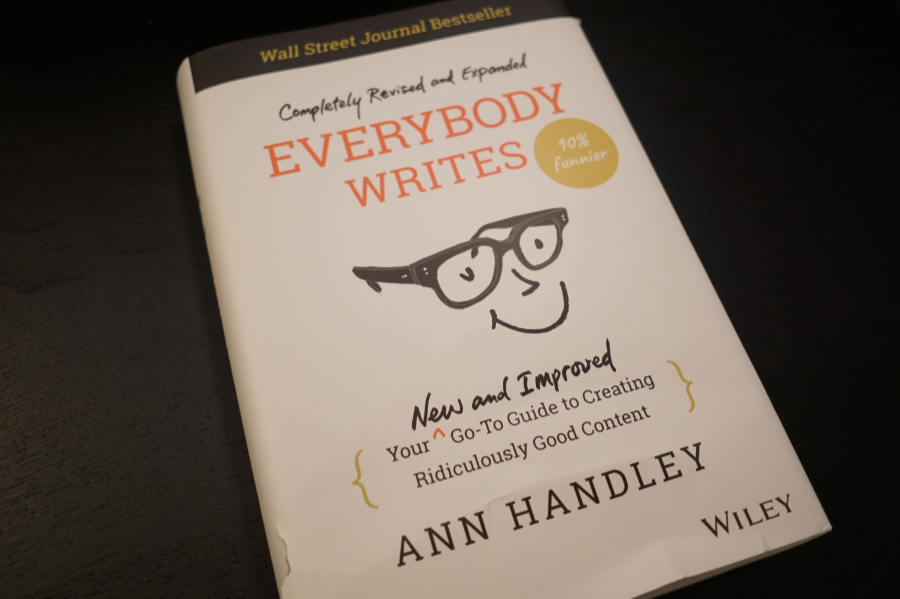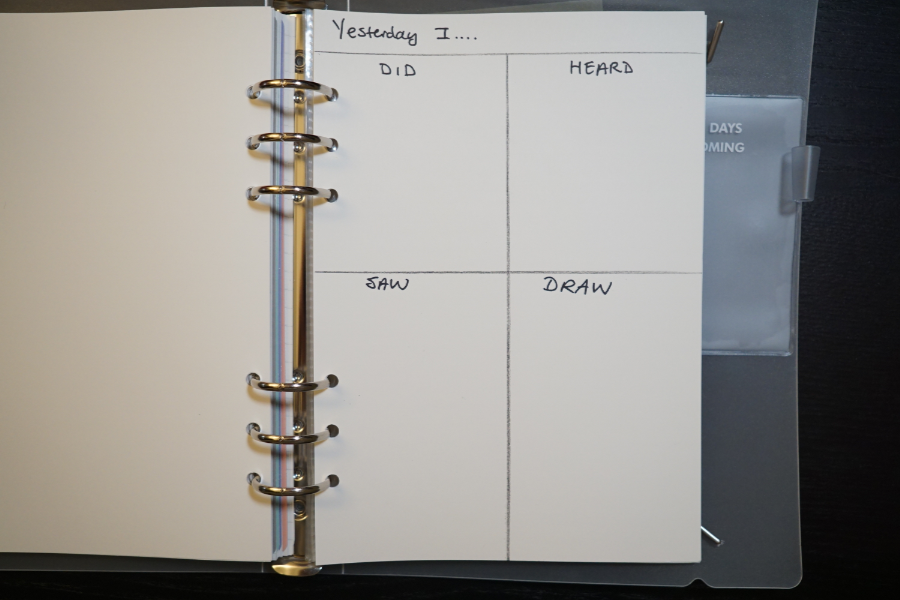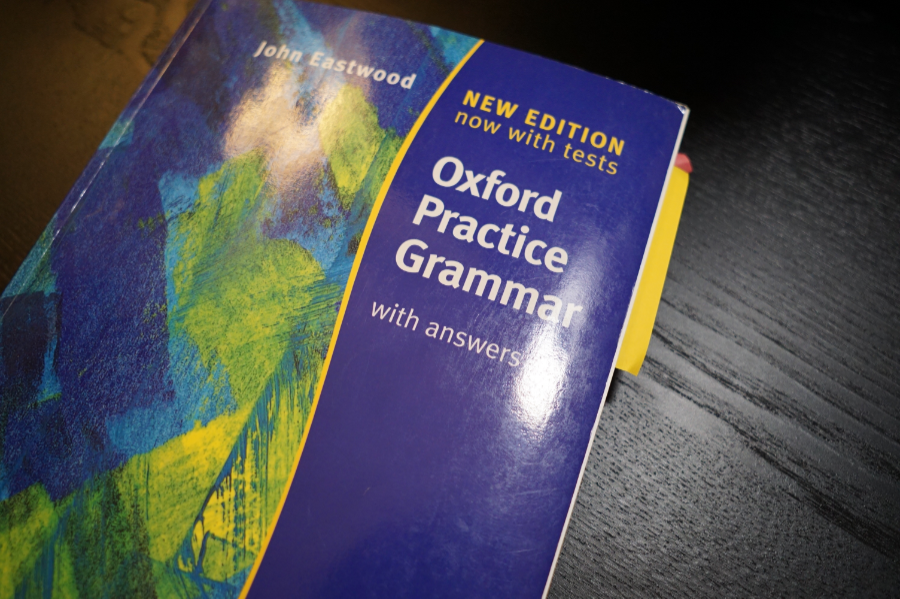Home / Blog
Lessons Learned: Everybody Writes by Ann Handley
3 things I learned from a content marketing book.

Table of contents
An attempt to remember what I read from books
Have you ever read a book and forgotten what you just read? It happens to me a lot and I don’t like how ineffective that feels. I value efficiency and reading a book takes up a big chunk of my time. Perfectionism gets the best of me and I eagerly try to soak up every word to jam as much knowledge as I possibly can in my head. Then I get distracted a quarter way through the book, and I leave it unfinished. Guilt piles up whenever I glance at it on my desk as I realize I won’t ever finish a book I paid money to read.
So.
When I bought a book at the beginning of 2023, I was determined to finish it and make the most of it by letting go of perfectionism. I sped read it and highlighted parts that stood out to me. Desperate to retain what I read, I sought Chris Do’s wisdom on how I can remember what I read. I discovered a podcast episode all about this, and my biggest takeaway is reflection. It’s not enough to just read (input), we also have to make sense of it ourselves (output). What better way to output than a blog post?
The book I read is Everybody Writes by Ann Handley. This book is hefty, but the chapters are short. In fact, a lot of Ann’s paragraphs are very short (they average 1-3 sentences). Although there were a lot of words to comb through, she chunks them into manageable bits. I discovered this book via my research on how I could improve my writing skills. I write a lot for my job and I’m OK at it, but I want to get better. There’s always a traffic jam in my head when I need the words to come out, but the lights never turn green. In a world of ChatGPT, does it even matter if I can write? Of course, it does. At the end of the day, ChatGPT can’t write for me unless I input something into it. Writing isn’t about the output, it’s about the process. By going through articulation, I come out with a better understanding of the world, usually with more conviction.
OK, that’s enough preamble. Below are 3 things I learned from the book:
Write consistently
“The key to being a better writer is to write” p.22
“Don’t write a lot, just write often” p.24
Handley, Ann. Everybody Writes. 2023.
The smartest people I know write a lot, as in every day. Authors are so smart because they’ve written a book, not the other way around.
About 80% of my time is spent alone. I work from home and I have it all to myself when my boyfriend goes to work. When I’m alone, I consume a lot of content: I listen to music, podcasts, watch YouTube, read Reddit, and so on. There are days I feel sick from consuming too much content. It’s that feeling of overeating at a buffet. When I walk out of the restaurant, overstuffed with a bursting stomach, I feel stupid and ridiculous. It’s the same feeling when I overconsume content. Maybe this is why journaling is all the health craze in recent years, it empties our minds so we can make room for ourselves.
Input is easy and I can do it passively (listening to a podcast while doing dishes). Output is hard because I need to exert effort to think (narrating and editing a blog post while doing dishes would be possible, but challenging).
If the way to becoming a better writer is to write consistently, then what do I write about? Ann recommends several daily writing rituals, the one that stuck out to me is to divide a sheet of paper into 4 sections and label them as “Did, Saw, Heard, Draw”. You’re basically prompting what happened in your day, for Draw, you just draw whatever comes to mind. I tried this once and I really like how simple the exercise was. I plan to incorporate it into my daily routine so I get used to outputting thoughts from my head, it’s also a fun way to capture my daily events.

The importance of grammar
My mom’s second language is English, and her English grammar is waaaay out of my league (English is my main language). She works with lawyers who speak English natively and spots a lot of grammar mistakes in their writing. A common mistake she sees is when a subject is written as an object. For example ‘Amy and me want to go leave the country’ (it should be ‘Amy and I’).
Understanding grammar is fundamental to mastering a language. I’ve shrugged off English grammar most of my life because why bother? If you can understand me anyways, does it matter if I said ‘Amy and me’ rather than ‘Amy and I’?
If I am serious about improving my writing, I need to have a strong grasp of English grammar. So much of my writing is littered with unnecessary filler words, such as ‘pretty’, ‘very’, or ‘really’. I sound hesitant when I use these words. Compare the following two sentences:
- I am pretty sure that the file is in the shared drive.
- The file is in the shared drive.
Which one would you prefer to hear? The second one. Why? Because it gets to the point and sounds sure of itself.

After I write this blog post, the next book I’ll read is the Oxford Practice Grammar. I’ve had this book since I was a teenager, but I never made good use of it. Better now than never, I guess.
Email marketing is still king in 2023
I was pleasantly surprised to discover that the final section, ‘20 Things Marketers Write’, opens with two chapters dedicated to newsletters.
In my experience, email marketing to this day is the best mode for conversion, and it feels good to see this validated by the book. A newsletter list is the only thing you can truly ‘own’ and have full control over. Social media continues to be subject to unpredictable algorithms, making them unreliable channels of communication.
With such a strong emphasis on email marketing in the book, I plan to take a course all about it. I spend a lot of time putting together newsletters at work, and I’m realizing how important it is to develop mastery of email marketing. There are a lot of tactics and processes I am familiar with, but I could do with a stronger foundation on strategies to foster a relationship with subscribers and increase click-through rates.
Get better at marketing
There you have it, these are the top 3 takeaways I got from the book. If you’re new to content marketing or need a refresher on marketing as a whole, I recommend this book! It’s a very easy read and it’s well organized enough to act as a reference.
If you read the book, what did you think? Are there other books on content marketing you think I should check out? Let me know in the comments below.

 Buy me a coffee
Buy me a coffee